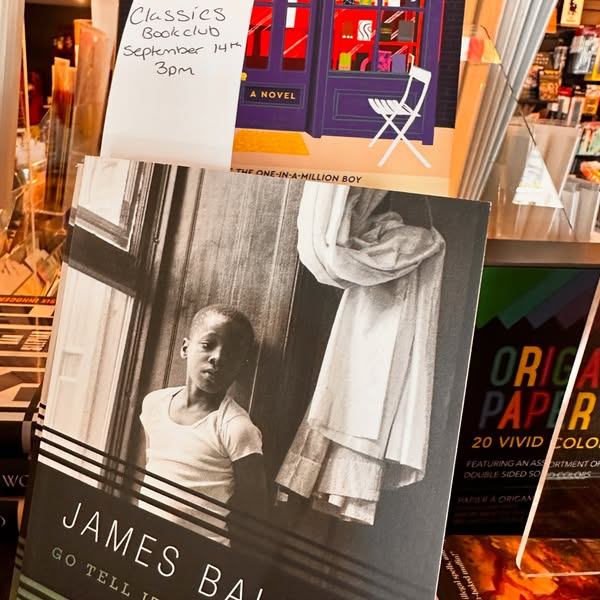
Reading a book, particularly a novel, is an art that combines focus, imagination, and critical thinking. It can be an enriching experience that not only entertains but also expands one’s understanding of the human condition. In this article, we explore how to read a book a novel effectively, incorporating insights and anecdotes that deepen the appreciation of literature.
Why Reading Novels is a Journey Worth Taking
Novels transport readers into worlds crafted by vivid imagination and intricate storytelling. From the poetic nostalgia of Spoon River Anthology to the profound narratives of Monica Wood’s works, novels bring to life characters and stories that leave a lasting impact.
Consider Harriet Larson, a retired English teacher who has inspired countless students to explore literature. Her guidance underscores the importance of reading novels not just for plot but for the layers of meaning within.
Step 1: Choose the Right Novel for You
Understanding Your Preferences
Selecting the right novel begins with understanding your preferences. Do you enjoy historical dramas, like The Spoon River Anthology, or modern emotional tales akin to those by Monica Wood? Identifying what resonates with you can make reading more enjoyable.
Consider Recommendations
Turn to trusted sources, such as retired English teachers, book clubs, or online reviews, to discover novels that match your interests. The story of Frank Daigle, who found solace in reading after being released from prison, demonstrates how literature can be transformative when paired with personal circumstances.
Step 2: Create the Perfect Reading Environment
Find Your Spot
Whether it’s a cozy corner in your home or a serene park bench, a quiet and comfortable space enhances focus. Violet Powell, a member of a prison book club, emphasizes the importance of setting the right mood for uninterrupted reading.
Gather Your Tools
Have a notebook, pen, and possibly sticky notes on hand. These tools can help you jot down insights, underline favorite passages, and mark pages for later reflection.
Step 3: Read Actively, Not Passively
Engage With the Text
Reading a novel isn’t just about scanning pages; it’s about engaging with the story. Pay attention to the author’s language, tone, and themes. For instance, Monica Wood’s novels often delve into intricate family dynamics—observe how her characters’ relationships evolve.
Ask Questions
As you read, pose questions: Why does a character act a certain way? What themes is the author exploring? By doing so, you engage more deeply with the material.
Step 4: Reflect on What You Read
Summarize Key Points
After finishing a chapter, take a moment to summarize its events. What happened? How did it advance the story? This habit strengthens comprehension and retention.
Relate It to Real Life
Draw connections between the novel and your own experiences or societal issues. Frank Daigle, who discovered hope through literature in a prison book club, found parallels between his struggles and those of fictional characters, making the reading experience deeply personal.
Step 5: Join Discussions and Communities
Participate in Book Clubs
Join a local or online book club to share insights and gain new perspectives. Discussing Monica Wood’s novels with others, for example, can reveal interpretations you might not have considered.
Engage With Authors and Critics
Follow authors like Monica Wood or literary critics online to explore deeper analyses of novels. Their insights can enrich your understanding and appreciation of the craft.
Step 6: Diversify Your Reading List
Explore Different Genres
Don’t limit yourself to one type of novel. Experiment with everything from the haunting poetry of Spoon River Anthology to contemporary works that tackle modern dilemmas. Each genre offers unique insights.
Read Across Cultures
Dive into novels from different cultures to broaden your worldview. Literature serves as a bridge, connecting readers to diverse experiences and traditions.
Step 7: Make Reading a Habit
Set Goals
Commit to reading a certain number of pages or chapters daily. Even 15 minutes a day can keep you engaged and make reading a consistent part of your routine.
Track Your Progress
Use a journal or app to log the novels you’ve read. Reflect on your journey and celebrate milestones, like finishing your first book by Monica Wood or exploring a genre you’ve never tried.
Why Novels Matter in Today’s World
Novels are more than stories; they are mirrors of society, capturing its triumphs and struggles. Harriet Larson, a retired English teacher, reminds us that literature helps us understand others. It also encourages critical thinking and connects us to humanity.
For individuals like Frank Daigle, novels have been lifelines, offering hope and new perspectives. The prison book club that Violet Powell is part of shows how literature can create community and inspire change. This is true even in tough situations.
Conclusion
Reading a novel is an enriching journey that fosters imagination, understanding, and personal growth. By choosing the right book, creating an ideal environment, and engaging actively with the text, you can unlock the profound joys of literature.
Novels invite us to explore many human experiences. This includes the moving stories in *Spoon River Anthology* and the deep novels by Monica Wood. There are many other great works as well.